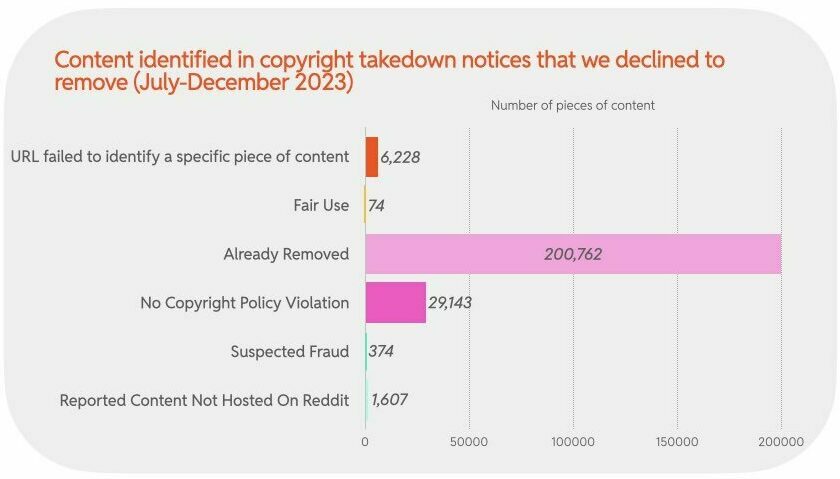 In the summer of 2009, hackers from all over the world gathered at an
outdoor conference
near Vierhouten in the Netherlands.
In the summer of 2009, hackers from all over the world gathered at an
outdoor conference
near Vierhouten in the Netherlands.
The event was mostly a meetup of like-minded geeks, but one person stood out a mile; Tim Kuik, director of anti-piracy group
BREIN
.
Kuik joined a panel discussion where he calmly explained why his organization helped rightsholders to shut down pirate sites. The group was winning its lawsuit
against Mininova
at the time and had just booked
a victory
against the founders of The Pirate Bay just a few weeks earlier.
As the panel was opening up for questions, a stereotypical neck-beard sporting hacker stepped forward, questioning Kuik on comments he made about The Pirate Bay’s revenues. It was none other than Pirate Bay founder Anakata, easily identifiable thanks to his Pirate Bay t-shirt.
The two opposites
engaged in a brief tete-a-tete
of which the contents are irrelevant at this point. However, Kuik’s presence there, on that day, is exemplary of his tendency not to shy away from conversation, no matter the audience. The friendly photo both men took afterward is a testament to that.
Anti-Piracy Veteran Retires
Earlier this month, Tim Kuik informed TorrentFreak that he’s retiring, passing on the baton to BREIN’s new director Bastiaan van Ramshorst. While people retire every day, Kuik’s departure deserves a special mention; he’s an anti-piracy icon that formed a common thread throughout our reporting over the past 19 years.
Unlike others operating in a similar position, Kuik never dodged questions. Not everyone shares BREIN’s goals but the organization is transparent whenever that’s possible. The group also differs from many of its counterparts in its pragmatic approach. Instead of going for ‘headline’ convictions, BREIN focuses on the main goal; stopping pirates.
Kuik started his professional career at
CIC Video International
, shortly after he graduated from law school 42 years ago. In 1992 he became anti-piracy director at the Motion Picture Association’s European branch, moving on to a role as MPA’s global anti-piracy boss soon after.
When a new anti-piracy group was formed in the Netherlands, just before the turn of the millennium, Kuik changed positions again, albeit for the last time.
E.T. the Extra-Terrestrial
Needless to say, a lot has changed since Kuik started working in the anti-piracy field. In the early 80s, bootleg VHS tapes were just getting popular, while the World Wide Web had yet to be invented.
Speaking with TorrentFreak, Kuik recalls that the home video market was just opening up. Initially, movie studios saw videotapes as a threat, but they soon realized that they could market official movies to consumers as well, which proved to be a new source of revenue.
The downside was that pirates would create bootleg copies. This wasn’t unexpected, but it posed a major problem. When E.T. came out in the early 80s, director Steven Spielberg was particularly upset and Kuik, working for CIC Video, was called in to solve the problem.
“When ‘E.T. The Extraterrestrial’ was released theatrically by Universal, Spielberg was very upset about the video piracy because he envisaged the movie as theatrical only and didn’t want it on TV screens,” Kuik says.
“So, I was tasked to collect evidence against video rental shops that carried illegal copies of it. The shops were full of illegal titles and we realized we had to band together instead of chasing individual titles.”
This realization that ‘cooperation’ between studios was wise, paved the way for future anti-piracy initiatives. CIC Video was a joint venture of Paramount and Universal, both members of the Motion Picture Association, which became a key anti-piracy force in the following decades.
Kuik helped to bundle the powers of the major Hollywood studios, first at CIC Video, and later at the MPA. In that role, he helped to establish more than thirty local anti-piracy programs. Eventually, he moved to Los Angeles to become head of MPA’s global anti-piracy program.
At the end of the nineties, he moved back to his home country, the Netherlands, to manage BREIN. This was the start of a 25-year adventure that left a mark on the industry in many ways.
Threats
Kuik served as BREIN’s first director, which was initially a temporary role that he planned to fill for a few years. However, years turned into decades. While the role was rewarding, it also came at a cost. As the public face of an anti-piracy group, Kuik was often scolded by supporters of his opponents.
Most of this critique came from keyboard warriors, but there were escalations. At some point in the early 2000s, the threats got so out of hand that BREIN’s office needed strict physical security. There was a constant barrage of hate aimed at the group, with Kuik often the prime target.
In a recent interview with a
Dutch film magazine
, Kuik mentioned that BREIN received hydrochloric acid in the mail at some point, adding that police complaints were filed on various occasions.
These threats have faded in recent years. In part, perhaps, because BREIN often found the law on its side in courts. The group can be credited for shutting down thousands of sites and services, including Mininova, the largest torrent site at the time.
Accomplishments
BREIN also went after The Pirate Bay. While it never managed to take the site offline, it did book many victories in court that greatly helped international anti-piracy efforts. This includes a ruling from
Europe’s highest court
, which allowed The Pirate Bay to be blocked.
The court ruling laid the groundwork for other European pirate site blockades and, in the Netherlands, led to the first
site blocking order
after a legal battle of more than ten years.
“The best [achievement] is the CJEU ruling that The Pirate Bay is a copyright-infringing service. Although that did not close down the site, it set EU case law and, for us in the Netherlands, it made blocking possible, leading to a covenant with access providers about blocking illegal services,” Kuik notes.
Site blocking is an essential tool, Kuik says, as it’s often the only way to act against anonymous site operators who do all they can not to get caught.
Various other court rulings, where online intermediaries such as hosting platforms and payment providers were held accountable, also proved to be important. This helped takedown efforts and investigative work; to track down site operators, whenever possible.
While BREIN won most of the lawsuits it initiated, not all succeeded. The greatest defeat came in a Usenet-related lawsuit, where the court ultimately ruled that the provider was not violating copyright law.
The provider, NSE, had already shut down years before that final ruling came in but ended up with a moral victory.
After a legal battle of 14 years, the
Dutch Supreme Court concluded
that NSE itself was not liable for copyright infringement. The fact that NSE had a takedown procedure and no apparent knowledge of infringement, weighed in its favor and BREIN was ordered to pay €65,000 in legal fees.
Kuik sees the NSE verdict as the worst legal outcome in his career and still believes that the court reached the wrong conclusion. Despite the loss, he stresses that BREIN can and does hold usenet services accountable today, as they are required to take down infringing content while taking additional measures.
Piracy Remains a Problem
Despite all the hard work over the past 42 years, the piracy problem hasn’t been solved. While the industry has more tools to tackle copyright infringement today, new forms of piracy continue to show up. This includes emerging technologies including artificial intelligence.
“Currently, illegal IPTV is the main threat to TV, film, series, and live sports. In addition, there are illegal sites that serve as large repositories for generative AI, which forms a threat to man-made creative content of any kind,” Kuik notes.
If Kuik could dictate the law, he would make it mandatory for online services to verify who their customers are. Such “know your customer” policies could help to identify operators of pirate sites and services more easily, so they could be held accountable.
“In general, intermediaries should verify who their customers are and should be willing to share this with parties that are injured by such customers,” Kuik says.
“Currently, such an obligation is based on case law and the principle of it is often denied by intermediaries, even though it exists for example for VAT purposes and for online marketplaces.”
Rightsholders are already lobbying for these types of policies, which are high on anti-piracy wishlists around the globe.
Piracy Positives?
For Kuik, the active anti-piracy work ends here. When asked whether there is anything positive about piracy at all, he’s willing to entertain the idea that unauthorized use, in some cases, has shown the way for legal business models.
For example, one can argue that Napster led to the first legal digital music store, and that services such as Netflix and Spotify were positioned as piracy alternatives when they first hit the market. Kuik recognizes this, at least in part.
“You could indeed argue that there are instances where illegal (unauthorized) exploitation showed the way forward before licensed models were established,” Kuik tells us
While piracy may lead the way, Kuik stresses that it’s certainly not sustainable. Without proper enforcement, it’s hard for legal services to compete and their revenues are vital for creating the new content consumers demand.
“Enforcement is one of the conditions to get rightsholders to enter a market and make legitimate businesses thrive. And that, in turn. secures structural employment in content creation and distribution. Which is what the customer wants. Piracy does not provide that,” Kuik concludes.
Back in 2009, when Kuik and Pirate Bay founder Anakata went head-to-head, the situation was no different, and both men agreed to disagree. However, battling The Pirate Bay indirectly brought BREIN its key site blocking victory several years later.
While Kuik moves on, his legacy remains. The same is true for a ‘copy’ of the iconic Pirate Bay t-shirt Anakata was wearing at the hacker conference, which is one of the many relics still on display in BREIN’s office.
—
The Kuik / Anakata photo was taken by and is credited to Reinoud Van Leeuwen
From:
TF
, for the latest news on copyright battles, piracy and more.
chevron_right
 Over the last quarter-century the piracy landscape has regularly received major blows from which many believed it could never recover.
Over the last quarter-century the piracy landscape has regularly received major blows from which many believed it could never recover.

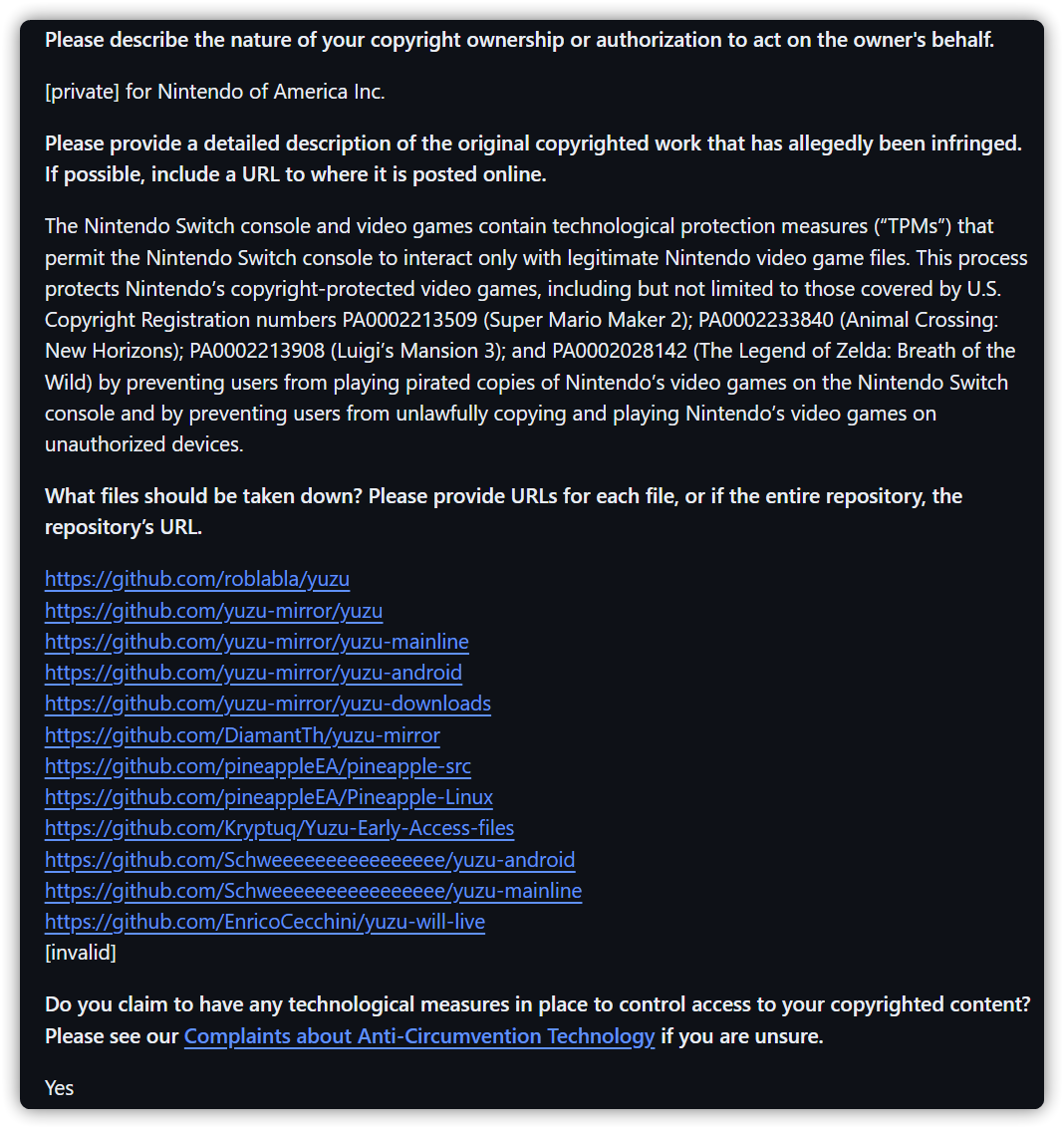
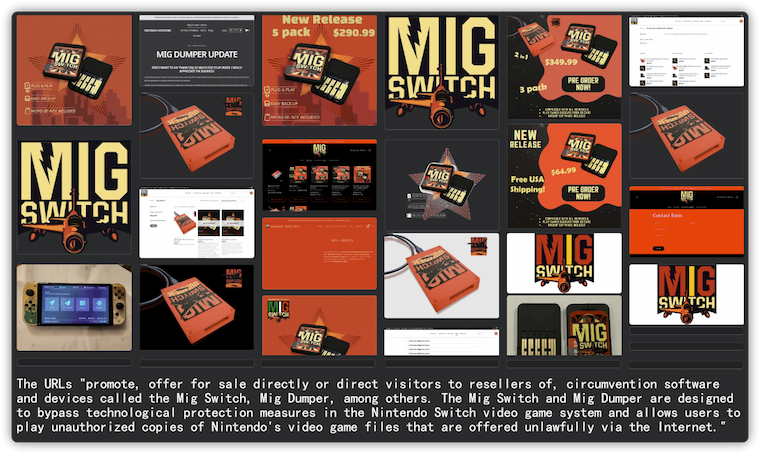
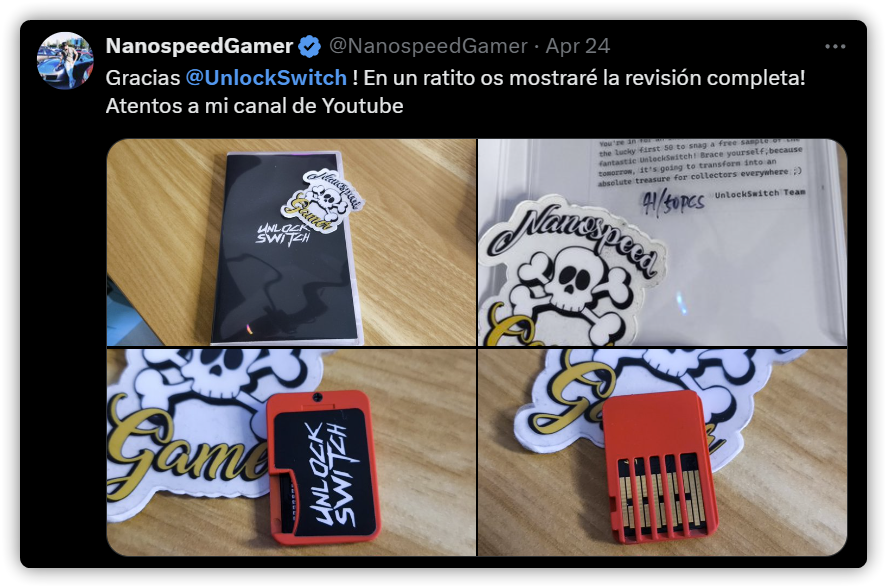
 The United Kingdom is no stranger to website blocking.
The United Kingdom is no stranger to website blocking.

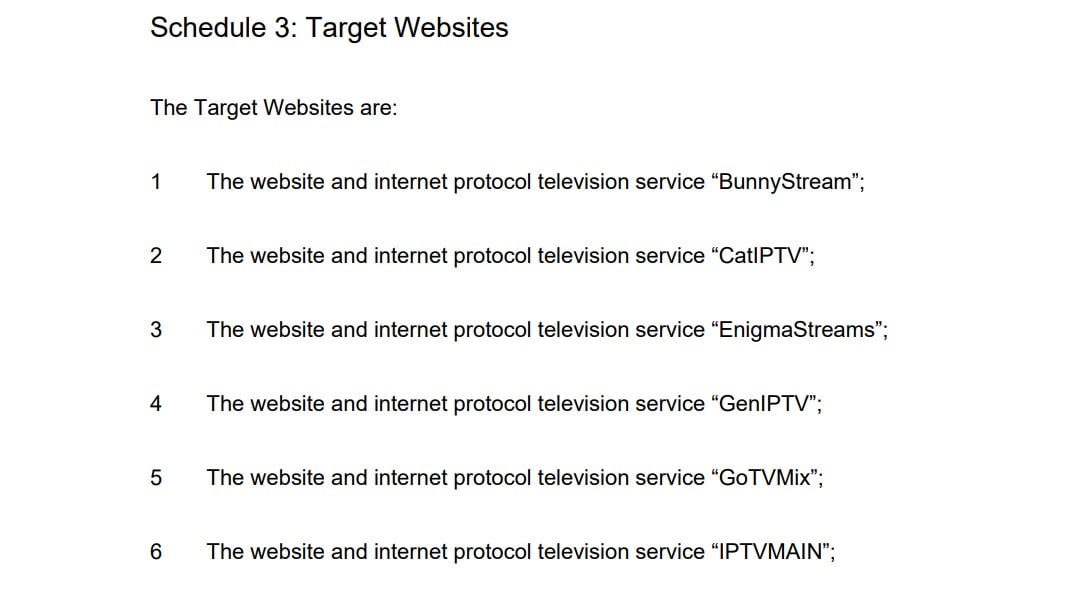

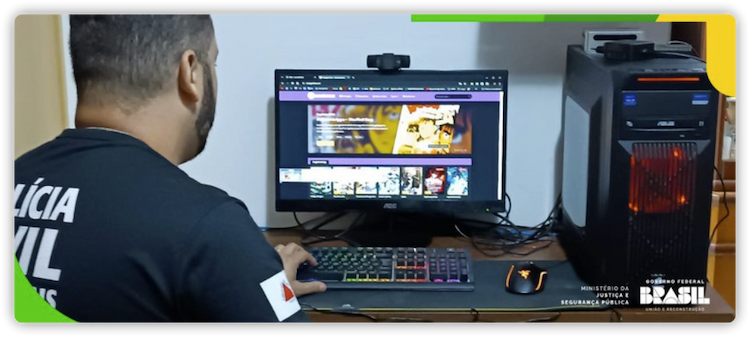

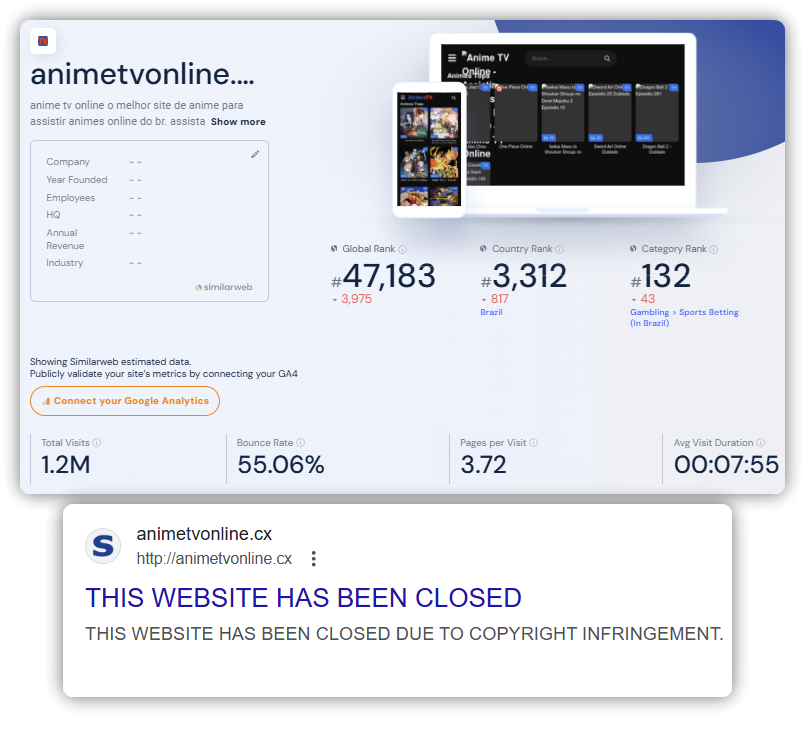
 In the summer of 2009, hackers from all over the world gathered at an
In the summer of 2009, hackers from all over the world gathered at an
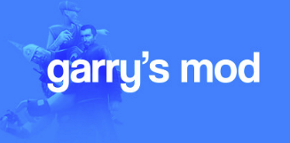
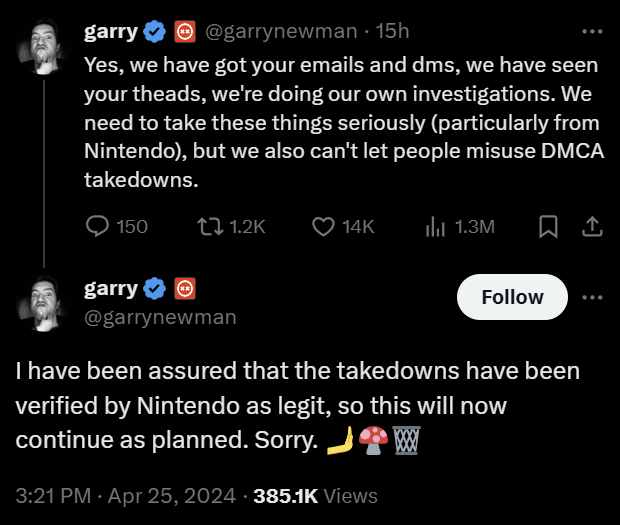
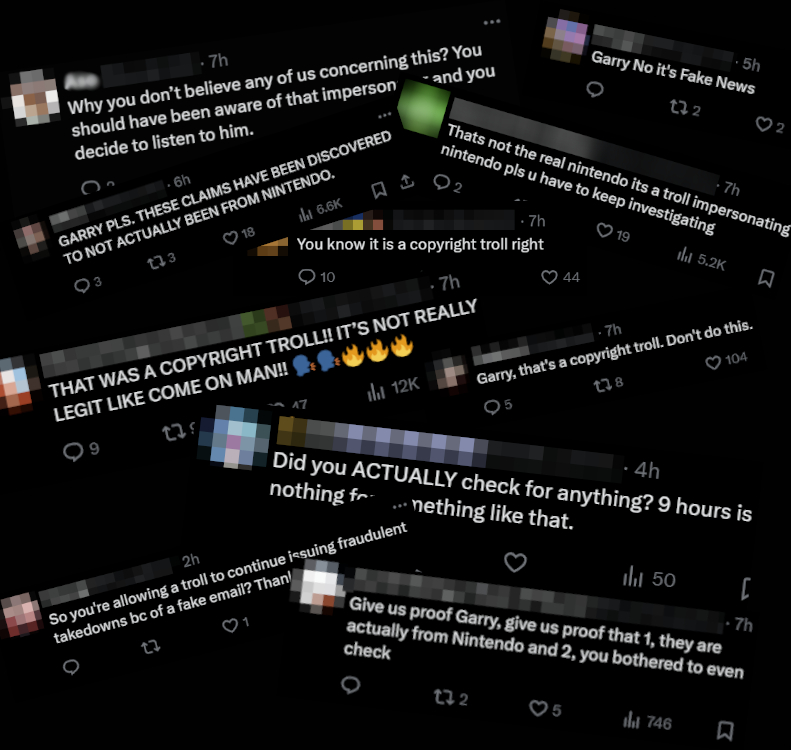


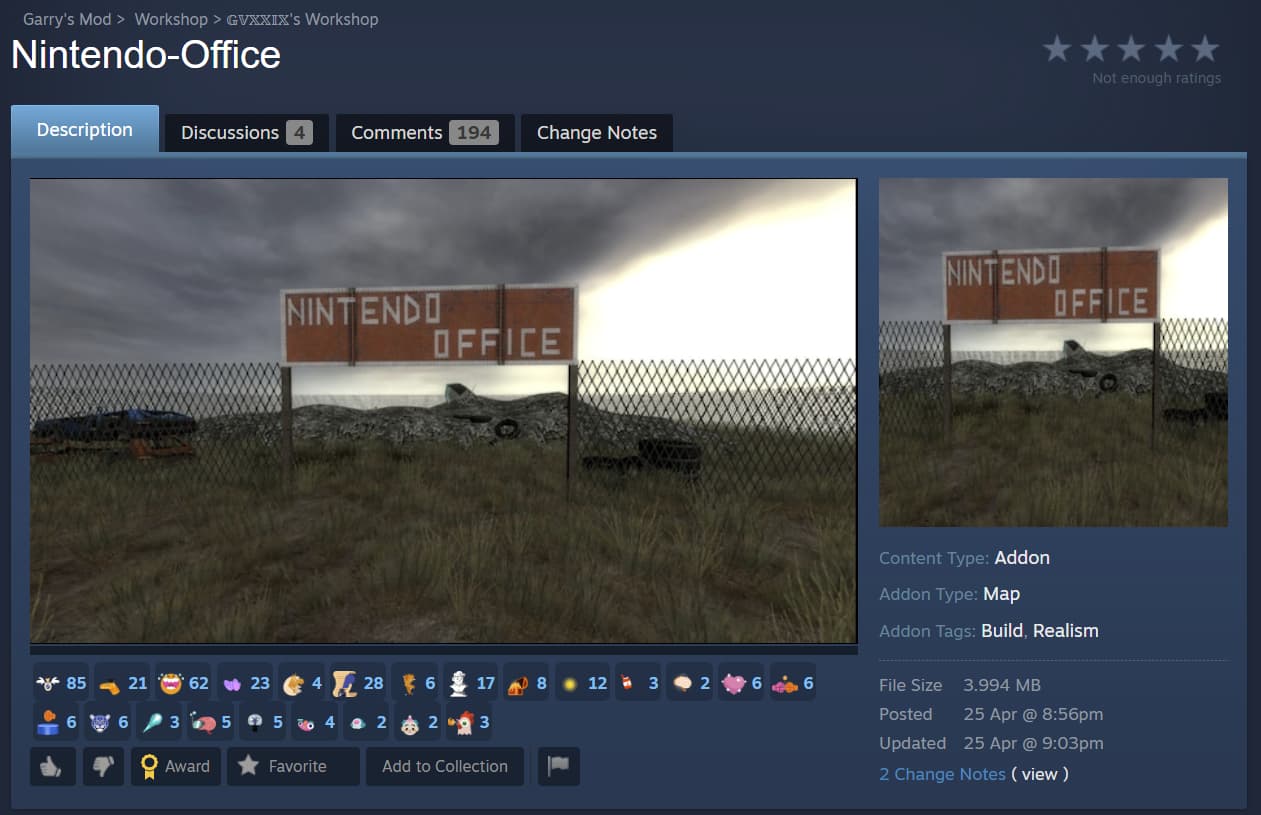
 England is widely regarded as the ‘home of football’ and the
England is widely regarded as the ‘home of football’ and the

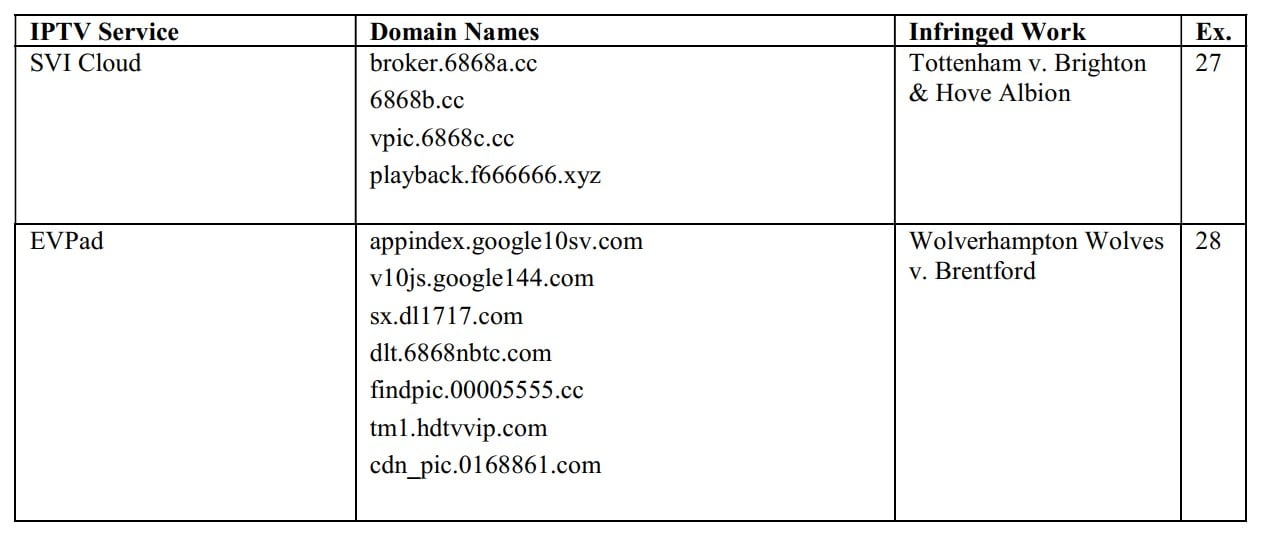


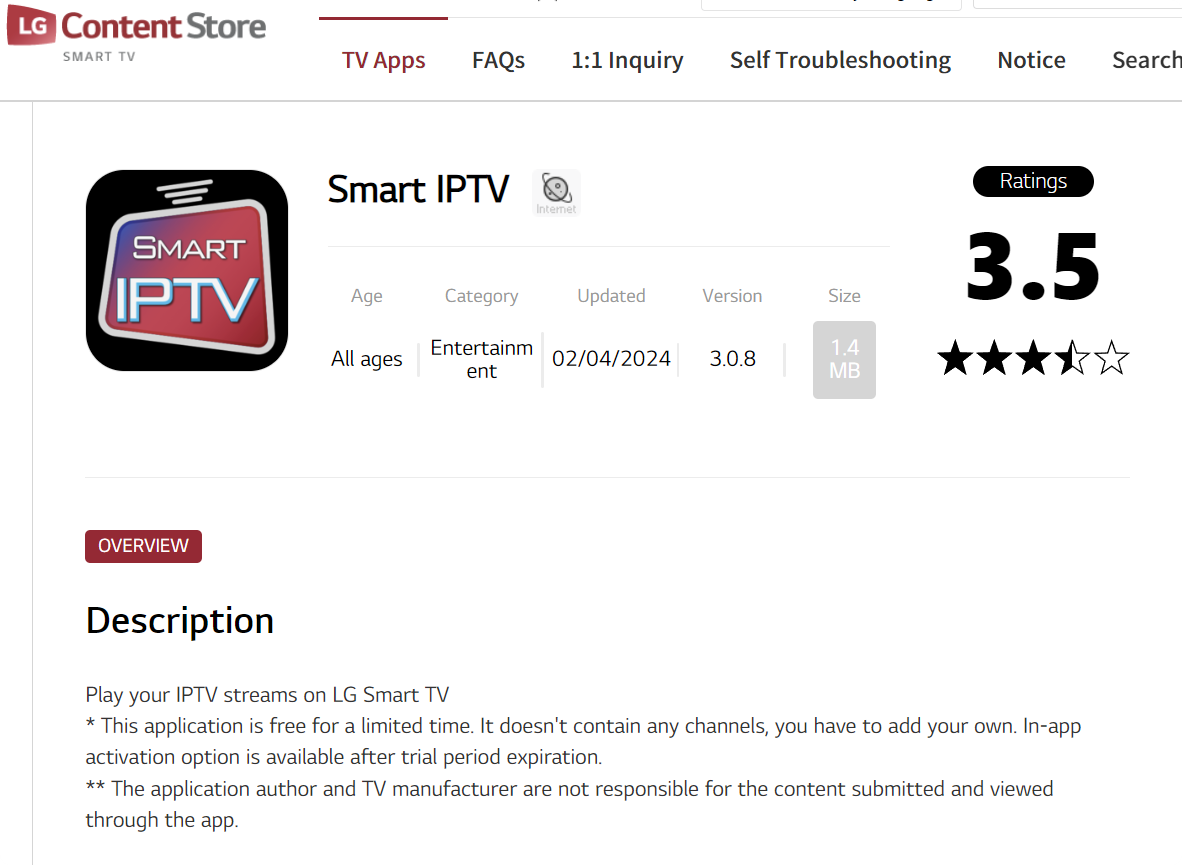

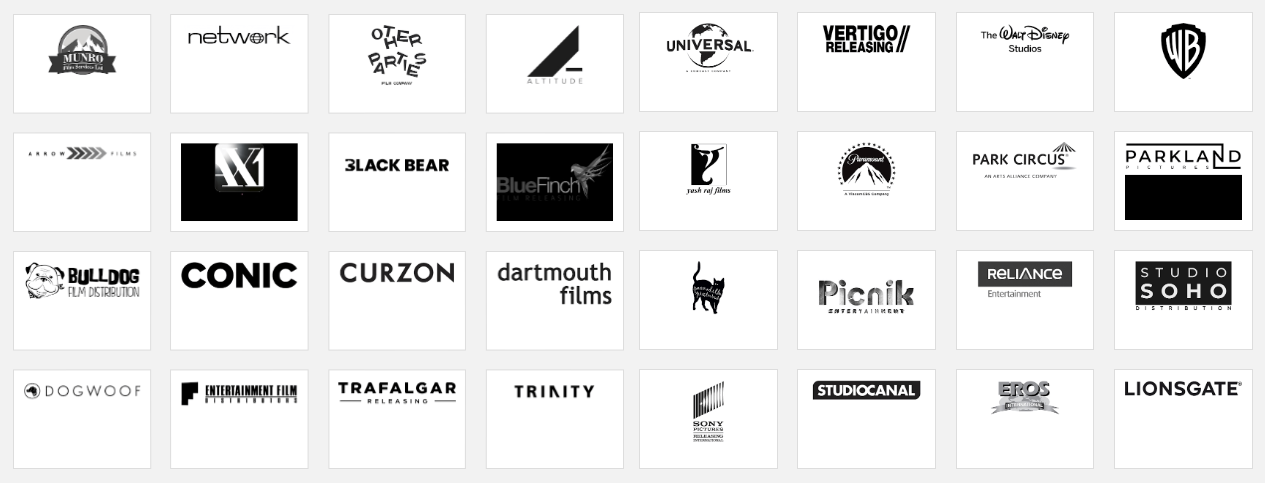
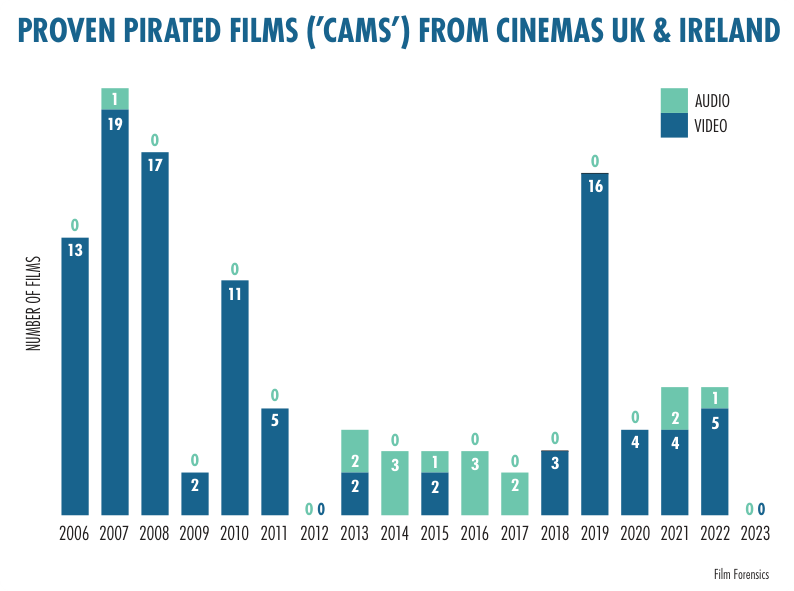
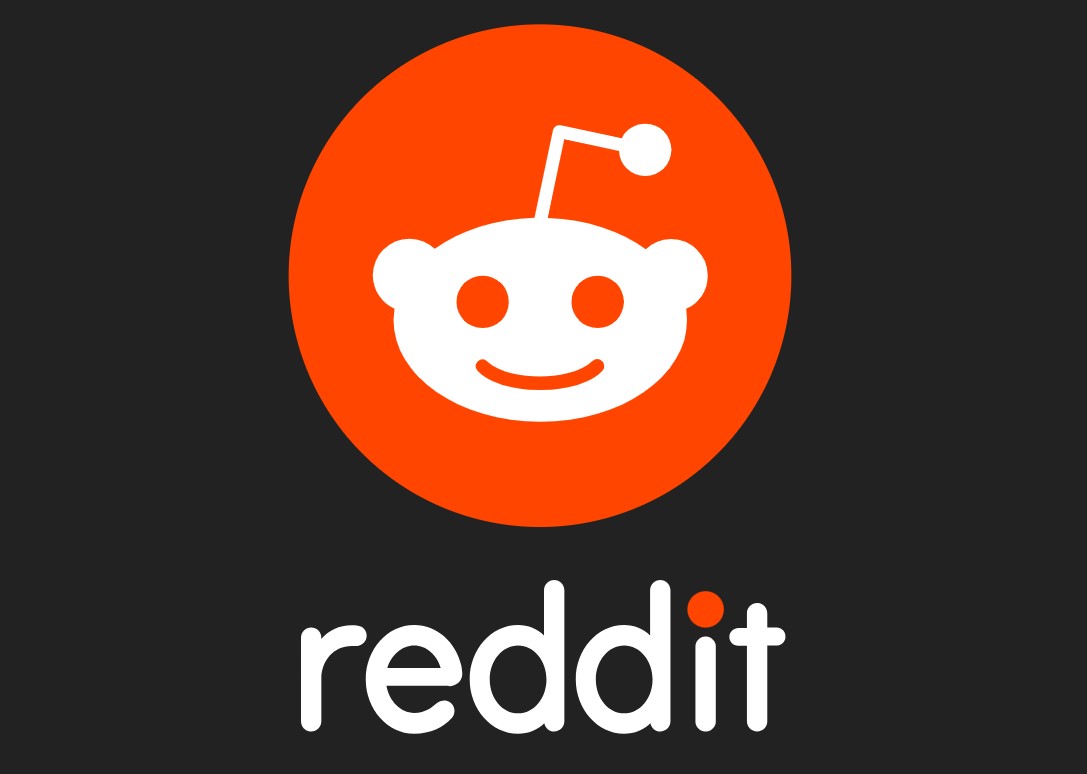 Without doubt,
Without doubt,

